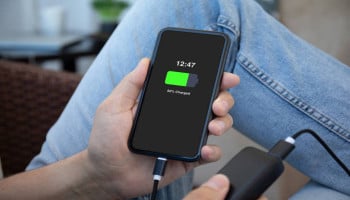
In today's digital age, our phones are an integral part of our lives, storing sensitive information and personal data. However, with the increased risk of cyber attacks, it is important to be aware of the warning signs that your phone may be hacked.
Here are six things you must assess to check whether your phone is hacked or not.
Unusual battery drain
If your phone's battery is draining faster than usual, it could be a sign that someone is accessing your device remotely. Hackers often use malware to gain control of your phone, which can drain your battery quickly.
Strange apps and pop-ups
Be careful of unknown apps or pop-ups that appear on your screen. It could be malware software that hackers can access to access your phone. Malware can come in the form of apps, games, or even fake security software.
Increased data usage
Keep an eye on your data usage, as unusual spikes could indicate that someone is using your phone to send or receive data without your knowledge.
Sluggish performance
If your phone is taking longer than usual to start or launch apps, it could be a sign that malware is slowing down your device. Malware can cause your phone to run slowly, as it uses your phone's resources and battery life to slow you down.
Suspicious text messages and calls
Be wary of strange texts and calls from unknown numbers, as these may be attempts to scam or phish you.
Unusual account activity
Monitor your phone account activity, such as unexpected password changes or unfamiliar login locations.
If you see any of these warning signs, take immediate action to secure your phone and protect your personal data. Update your operating system, install antivirus software, and change your passwords to prevent further unauthorised access.














